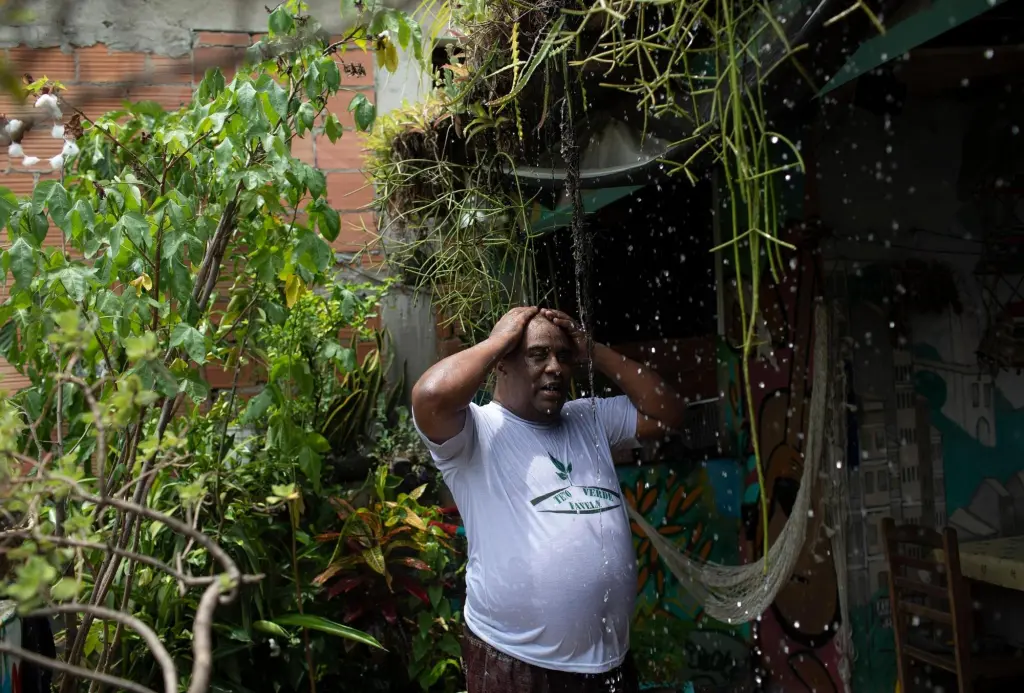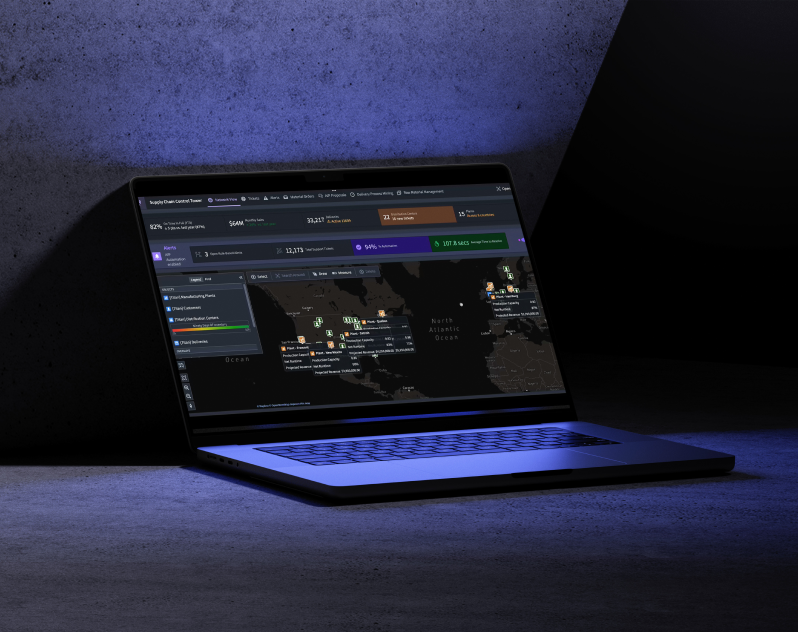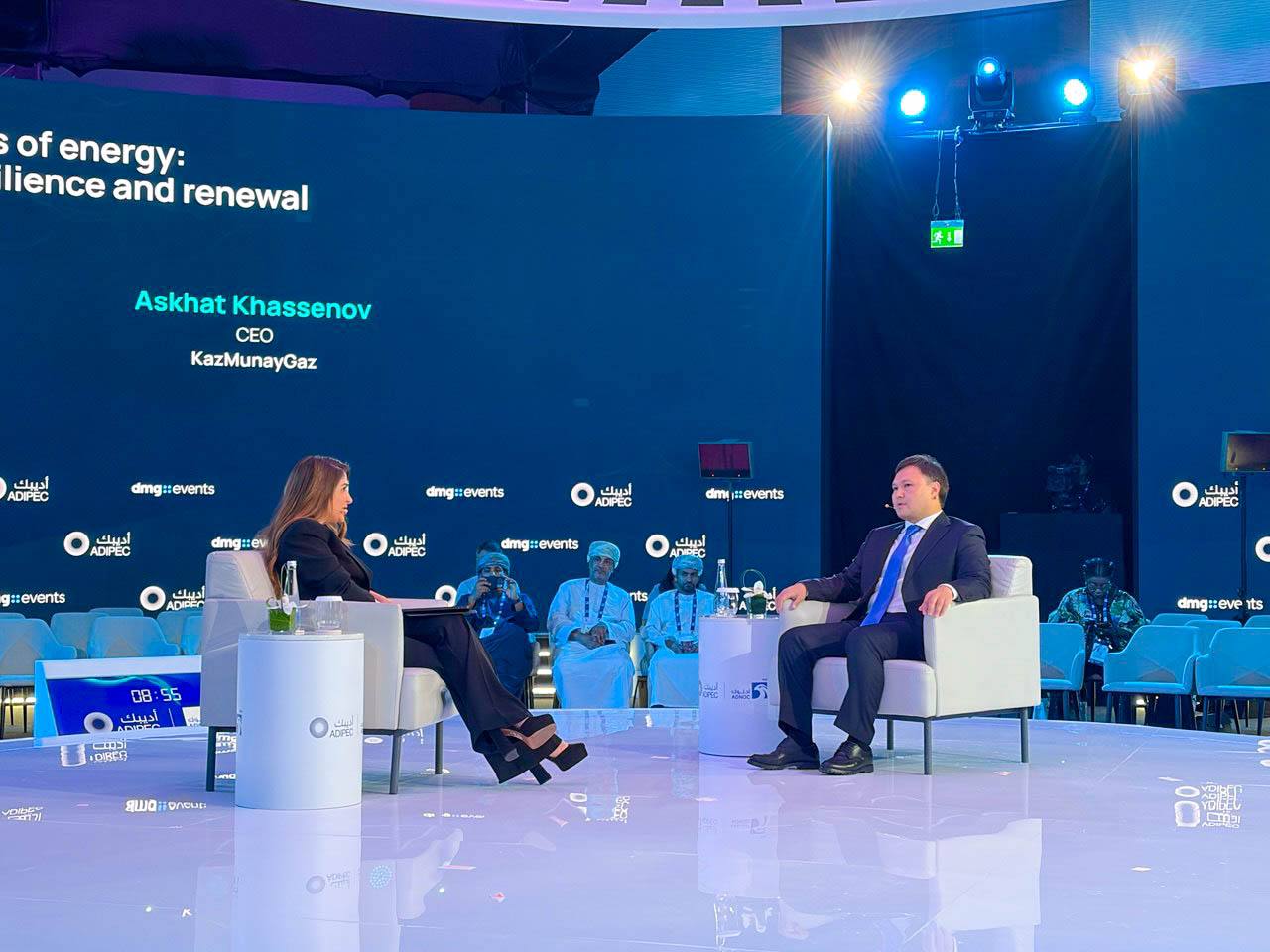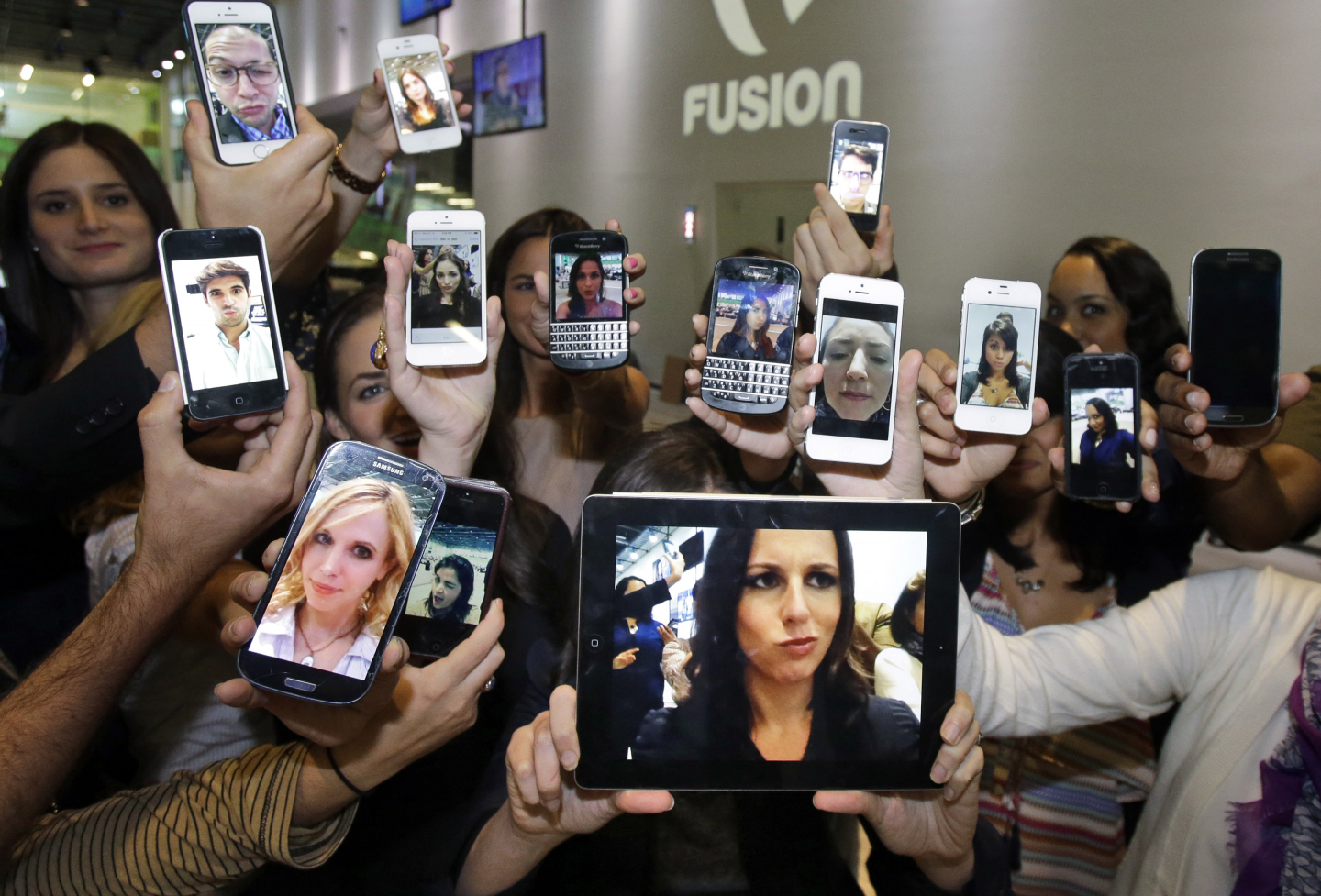Copyright St. Paul Pioneer Press

To place an obituary, please include the information from the obituary checklist below in an email to obits@pioneerpress.com. There is no option to place them through our website at this time. Feel free to contact our obituary desk at 651-228-5263 with any questions. General Information: Your full name, Address (City, State, Zip Code), Phone number, And an alternate phone number (if any) Obituary Specification: Name of Deceased, Obituary Text, A photo in a JPEG or PDF file is preferable, TIF and other files are accepted, we will contact you if there are any issues with the photo. Ad Run dates There is a discount for running more than one day, but this must be scheduled on the first run date to apply. If a photo is used, it must be used for both days for the discount to apply, contact us for more information. Policies: Verification of Death: In order to publish obituaries a name and phone number of funeral home/cremation society is required. We must contact the funeral home/cremation society handling the arrangements during their business hours to verify the death. If the body of the deceased has been donated to the University of Minnesota Anatomy Bequest Program, or a similar program, their phone number is required for verification. Please allow enough time to contact them especially during their limited weekend hours. A death certificate is also acceptable for this purpose but only one of these two options are necessary. Guestbook and Outside Websites: We are not allowed to reference other media sources with a guestbook or an obituary placed elsewhere when placing an obituary in print and online. We may place a website for a funeral home or a family email for contact instead; contact us with any questions regarding this matter. Obituary Process: Once your submission is completed, we will fax or email a proof for review prior to publication in the newspaper. This proof includes price and days the notice is scheduled to appear. Please review the proof carefully. We must be notified of errors or changes before the notice appears in the Pioneer Press based on each day’s deadlines. After publication, we will not be responsible for errors that may occur after final proofing. Online: Changes to an online obituary can be handled through the obituary desk. Call us with further questions. Payment Procedure: Pre-payment is required for all obituary notices prior to publication by the deadline specified below in our deadline schedule. Please call 651-228-5263 with your payment information after you have received the proof and approved its contents. Credit Card: Payment accepted by phone only due to PCI (Payment Card Industry) regulations EFT: Check by phone. Please provide your routing number and account number. Rates: The minimum charge is $162 for the first 12 lines. Every line after the first 12 is $12. If the ad is under 12 lines it will be charged the minimum rate of $162. Obituaries including more than 40 lines will receive a 7.5% discount per line. On a second run date, receive a 20% discount off both the first and second placement. Place three obituaries and the third placement will be free of charge. Each photo published is $125 per day. For example: 2 photos in the paper on 2 days would be 4 photo charges at $500. Deadlines: Please follow deadline times to ensure your obituary is published on the day requested. Hours Deadline (no exceptions) Ad Photos MEMORIAM (NON-OBITUARY) REQUEST Unlike an obituary, Memoriam submissions are remembrances of a loved one who has passed. The rates for a memoriam differ from obituaries. Please call or email us for more memoriam information Please call 651-228-5280 for more information. HOURS: Monday – Friday 8:00AM – 5:00PM (CLOSED WEEKENDS and HOLIDAYS) Please submit your memoriam ad to memoriams@pioneerpress.com or call 651-228-5280. By MELINA WALLING and ELÉONORE HUGHES, Associated Press RIO DE JANEIRO (AP) — When summer heat comes to the Arara neighborhood in northern Rio, it lingers, baking the red brick and concrete that make up many of the buildings long after the sun has gone down. Luis Cassiano, who’s lived here more than 30 years, says he’s getting worried as heat waves become more frequent and fierce. In poor areas such as Arara, those who can afford air conditioning — Cassiano is one — can’t always count on it because of frequent power outages on an overloaded system. Cassiano gets some relief from the green roof he installed about a decade ago, which can keep his house up to 15 degrees Celsius (about 27 degrees Fahrenheit) cooler than his neighbor’s, but he still struggles to stay comfortable. “The sun in the summer nowadays is scary,” Cassiano said. As world leaders come to Brazil for climate talks, people like Cassiano are the ones with the most at stake. Poor communities are often more vulnerable to hazards like extreme heat and supersized storms and less likely to have the resources to cope than wealthier places. Any help from the climate talks depends on countries not just laying out pledges and plans to lower emissions. They also need to find the political will to implement them, as well as come up with the billions of dollars needed to adapt everything from harvests to houses to better withstand human-caused climate change. All of it is sorely needed for the 1.1 billion people around the world who live in acute poverty, according to the United Nations. That’s why many have lauded the choice of Belem, a relatively poor city, to host these talks. “I am pleased that we will be going to a place like this, because this is where climate meets poverty, meets demand, meets financing needs, and meets the reality of the majority of the population of this world that are impacted by climate change,” said Inger Andersen, executive director of the U.N. Environment Programme. Even in wealthy countries, the poor face climate impacts It’s not just poor people in poor countries who suffer when poverty and climate change collide. A U.N. Development Programme report found that even in highly developed countries, 82% of people living in poverty will be exposed to at least one of four climate hazards: high heat, drought, floods and air pollution. People in poverty are more vulnerable to climate change for several reasons, said Carter Brandon, a senior fellow at the World Resources Institute who works on the economics of climate change and the finances of adapting to it. They might not have the money to leave areas like inundated deltas or floodplains, landslide-prone hillsides or farmlands regularly scorched by drought. Nor to rebuild after a disaster hits. And those financial hits can be worsened by other problems like health issues, lack of education or lack of social mobility. “It’s not just, climate destroys buildings or bridges or property. It destroys the livelihoods of families. And if you don’t have savings, that’s really devastating,” Brandon said. Crop yields suffer in many places, but worst in poor countries Even relatively developed countries with more ways to adapt will see some farm yields drop significantly, according to a UNDP analysis of global agriculture under different warming scenarios. But poorer countries will be more severely affected, said Heriberto Tapia, head of research and strategic partnerships advisor at the UNDP Human Development Report Office. Tapia said Africa, with more than 500 million people in poverty, is a big concern. Many depend on crop yields for their livelihoods. Most of the world’s 550 million small agricultural producers are in low- or middle-income countries, working in marginal environments and more vulnerable to climate hazards, said Ismahane Elouafi, executive managing director of CGIAR, the Consultative Group for International Agriculture Research. Elouafi thinks technology can help ease the climate pressure on many of those farmers, but also noted that many can’t afford it. She’s not confident that this year’s COP will provide enough money to help with that. Will holding COP30 in the Global South make a difference? Brazilian officials thought Belem, on the edge of the Amazon and not a rich city, would be a forceful reminder for negotiators of the difficulty that climate change and rising extreme weather are bringing to millions of people every day. “I heard there were a lot of negotiators who have been complaining of being put on a bunk bed, or in terms of sharing a room, but this is the reality of most people around the world,” said Nafkote Dabi, climate policy lead at global development organization Oxfam. “So I think it makes things real.” But some experts were skeptical, despite the recent UNDP report saying the need to take action is urgent. “I wish that they had said more about what exactly is the rapid action that needs to be taken, because I don’t think rapid action is going to come out of COP,” said Kimberly Marion Suiseeya, an associate professor at Duke University who studies how international policies impact people in rural and forested areas. With poverty ‘not budging,’ why focus on climate change? Although the public narrative has long been that humankind has generally been making progress on alleviating poverty, numbers show that now there’s a “stagnation,” said Pedro Conceição, director of the Human Development Report Office at the UNDP. “The numbers are high and they are not budging.” In a memo ahead of COP30, Microsoft co-founder Bill Gates called for a shift from prioritizing reducing emissions to focus on reducing human suffering. On climate change, “there’s no apocalyptic story for rich countries,” he said. “The place where it gets really tough is in these poor countries.” But Conceição said it’s wrong to think about poverty reduction and climate as a tradeoff. The idea that climate is only a future problem, “or it’s about things out there like glaciers melting, needs to be completely thrown out and replaced with the notion that actually the two agendas are one and the same,” he said. Associated Press journalists Jennifer McDermott and Seth Borenstein contributed to this report. Follow Melina Walling on X at @MelinaWalling and on Bluesky at @melinawalling.bsky.social. The Associated Press’ climate and environmental coverage receives financial support from multiple private foundations. AP is solely responsible for all content. Find AP’s standards for working with philanthropies, a list of supporters and funded coverage areas at AP.org.



